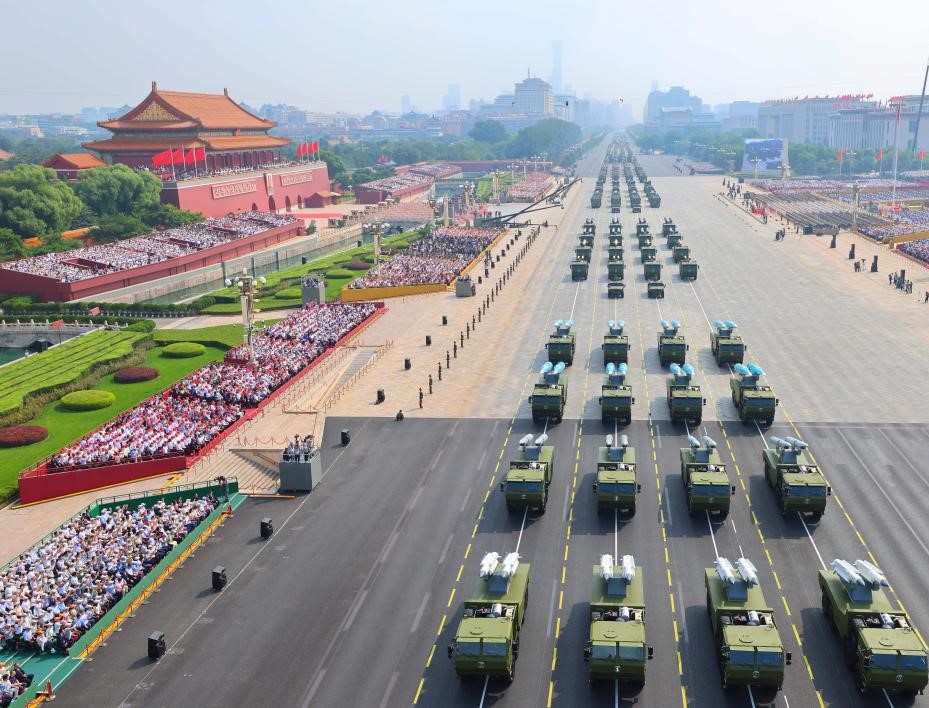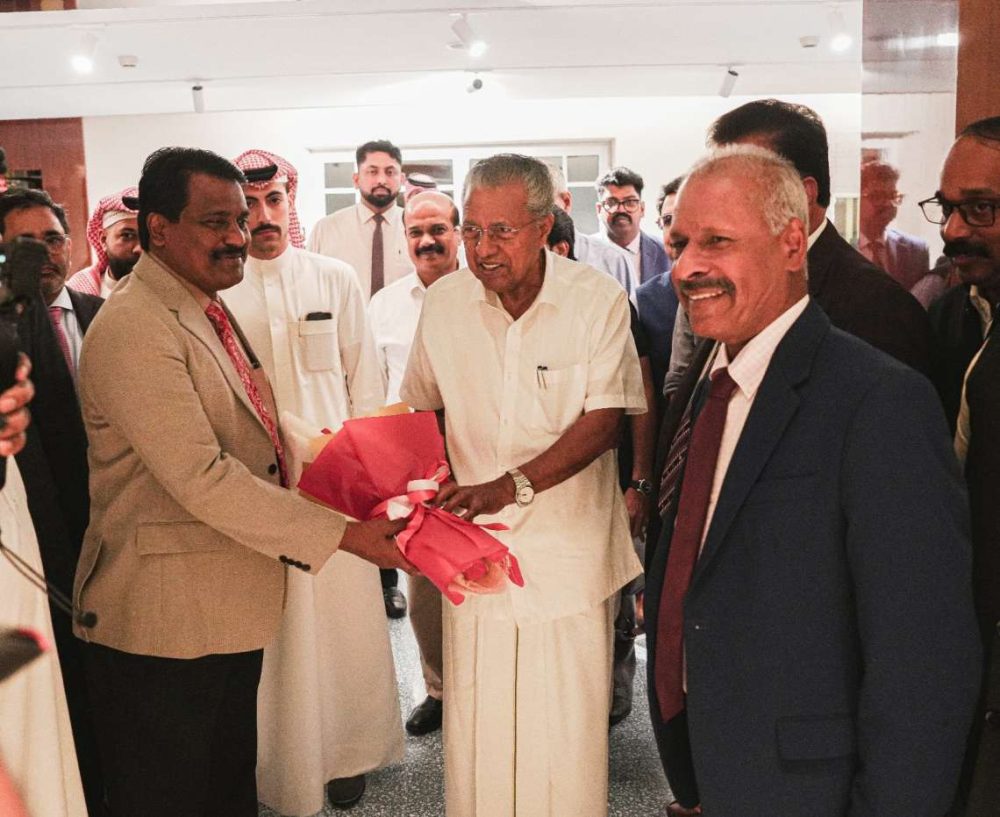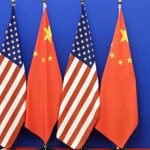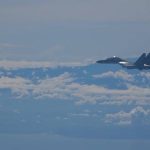The spokesperson asserted that Taiwan’s Democratic Progressive Party (DPP) authorities failed to take concrete actions to lift trade restrictions …reports Asian Lite News
China’s Ministry of Commerce announced on Saturday that it may take additional measures against Taiwan following an investigation revealing Taiwan’s trade-restrictive measures against the nation violate fair trade practices, according to a report by Xinhua.
China’s Ministry of Commerce (MOC) spokesperson made the remarks following the trade probe into Taiwan’s restrictive measures, which concluded in December last year.
The spokesperson asserted that Taiwan’s Democratic Progressive Party (DPP) authorities failed to take concrete actions to lift trade restrictions against the Chinese mainland, despite the release of investigation results.
China’s MOC said that Taiwan’s restrictions on importing more than 2,000 Chinese products are indeed trade barriers. The ministry further said that this determination was made in December 2023, following a thorough investigation. It added that the MOC called for the removal of these restrictions, but so far, Taipei has not made any effort to do so.
An investigation was launched, following concerns from Chinese chambers of commerce. The investigation probed whether Taiwan’s import bans on 2,455 Chinese products (as of April) breach fair trade practices.
Notably, Taiwan had imposed bans on several products from China, and the range of restricted imports continued to expand in recent years, according to the investigation results. By the end of November 2023, the imports of 2,509 items of products from China were prohibited.
Meanwhile, Taiwan’s Mainland Affairs Council (MAC) protested China’s “economic oppression” on Saturday, responding to Beijing’s threat of countermeasures over Taiwan’s alleged trade barriers.
In a statement, the MAC, the top government agency in Taiwan that supervises exchanges across Taiwan Strait, expressed regret over any such measures but said the government will continue its efforts to minimise any adverse effects they may cause, according to a report by Focus Taiwan.
Chinese activity near Taiwan ADIZ
The Ministry of National Defence of Taiwan has reported the detection of 11 PLA aircraft, 8 PLAN vessels, and 1 official Chinese ship operating near Taiwan as of 6 am today.
Of the detected aircraft, 9 crossed the median line and entered Taiwan’s northern, south-western, and eastern Air Defence Identification Zone (ADIZ). In response, Taiwanese forces monitored the situation closely and took appropriate action.
In a post on X (formerly Twitter), the Ministry of National Defence, ROC (Taiwan) stated, “11 PLA aircraft, 8 PLAN vessels and 1 official ship operating around Taiwan were detected up until 6 am (UTC+8) today. 9 of the aircraft crossed the median line and entered Taiwan’s northern, southwestern, and eastern ADIZ. We have monitored the situation and responded.”
This incursion is part of ongoing tension between Taiwan and China, with frequent military activity by Beijing around the island.
According to Taiwan News, China has deployed 56 military aircraft and 22 naval vessels around Taiwan this month alone. Since September 2020, Beijing has been ramping up its gray zone tactics, which include a gradual increase in the presence of Chinese military aircraft and naval ships in areas close to Taiwan. These tactics are designed to pressure Taiwan without engaging in direct military conflict.
China’s latest military manoeuvres around Taiwan are seen as part of a broader pattern of provocations that have intensified in recent months. The Chinese government has carried out regular air and naval incursions into Taiwan’s ADIZ, as well as military exercises close to the island.
Gray zone tactics are defined as actions that fall short of full-scale warfare but are aimed at achieving security objectives through persistent, low-level activities. These tactics are intended to wear down Taiwan’s defences without triggering a large-scale conflict.
The median line of the Taiwan Strait has long served as a de facto border between China and Taiwan. However, since the visit of former US House Speaker Nancy Pelosi to Taiwan in August 2022, China has increasingly sent military aircraft, warships, and drones across the line. This has escalated tensions between the two sides.
Taiwan, which split from China following the civil war in 1949, continues to govern itself independently. However, China regards Taiwan as part of its territory and has not ruled out the use of force to achieve unification.
Beijing’s interest in Taiwan is also driven by the island’s technology-driven economy. Despite this, Taiwan maintains its autonomy and remains vigilant amid ongoing Chinese military activities. (ANI)
ALSO READ: Zakir Naik Faces Flak In Pakistan














